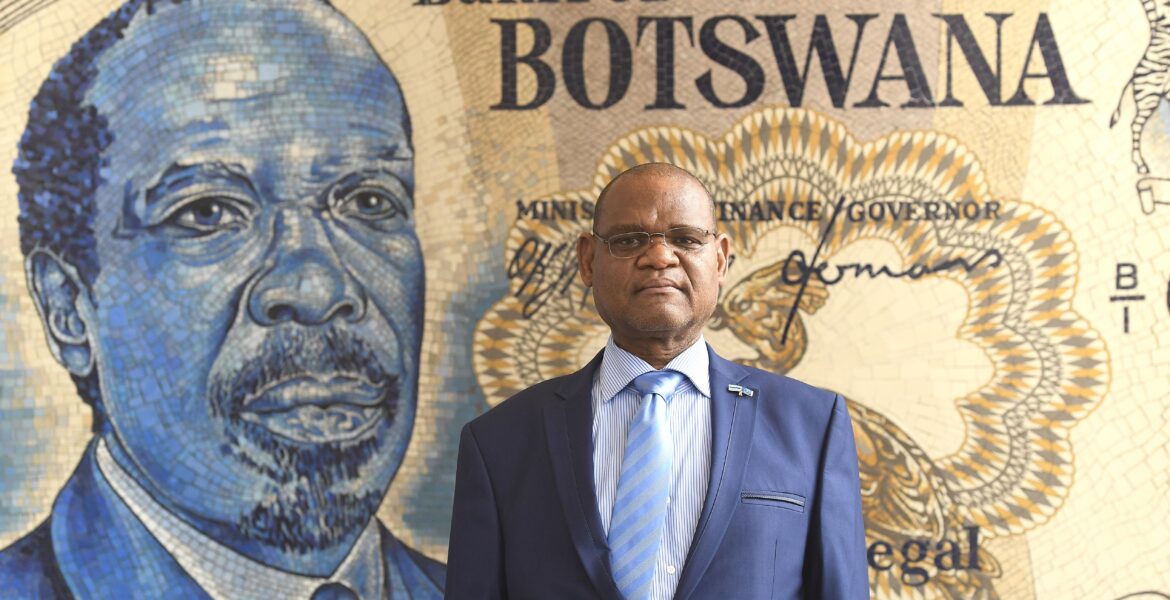Rate hiked by 50 basis points from 1.65% to 2.15%
GAZETTE REPORTER
At its meeting held recently, the Monetary Policy Committee (MPC) of the Bank of Botswana (BoB) decided to increase the Monetary Policy Rate (MoPR) by 50 basis points from 1.65 percent to 2.15 percent.
“The MPC notes that the elevated inflation outlook partly emanates from the second round effects and entrenched expectations (for example, through price adjustments by businesses, contractors, property owners and wage negotiators),” said the MPC in a statement.
“Therefore, in the interest of maintenance of price stability in the medium-term, it is important to undertake monetary policy action to moderate prospects for second round effects and entrenched expectations for high inflation. In the circumstances, the MPC decided to increase the MoPR by 50 basis points to 2.15 percent to anchor the entrenched expectations for higher levels of inflation.”
According to the MPC, inflation rose from 9.6 percent in April 2022 to 11.9 percent in May 2022, remaining above the Bank’s medium-term objective range of 3 – 6 percent. The MPC says latest increase in inflation mainly reflects the upward adjustment in domestic fuel prices effected on 13 May 2022.
“The current high level of inflation is mainly driven by supply-side factors, which contribute approximately 6.1 percentage points to the prevailing inflation (May 2022),” read the statement. “The MPC projects that inflation will, in the short term, remain above the objective range but trend downward from the fourth quarter of 2022 and fall within the medium-term objective range of 3 – 6 percent from the third quarter of 2023.”
“This represents a revision of the trajectory for inflation from the April forecast, influenced by subsequent increase in fuel prices and transport fares. The projected decrease in inflation in the medium-term is due to dissipating impact of earlier increase in administered prices.”
The MPC notes that there is a significant risk that inflation could remain elevated due to factors that include the potential increase in international commodity prices beyond current forecasts and persistence of supply and logistical constraints to production. Further the MPC says the price effects of the ongoing Russia-Ukraine war and the uncertain COVID-19 profile may also elevate inflation.
Other factors are domestic risk factors relating to possible regular annual administered price adjustments, short-term unintended consequences of import restrictions (for example, shortages in supplies leading to price increases), as well as second round effects of the recent increase in public service salaries, administered prices and inflation expectations, which could lead to generalised higher price adjustments.
“Furthermore, the likelihood of further increases in domestic fuel prices in response to persistent high international oil prices could add upward pressure to inflation,” the statement noted.
MPC comprises BoB senior staff and advisers and has responsibility for guiding monetary policy within the framework and objectives set out in the annual Monetary Policy Statement. This, among others, involves setting the policy rate (Bank Rate) but may include reviewing other instruments of monetary policy.

